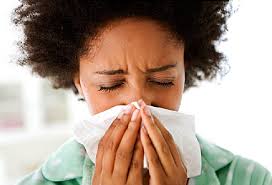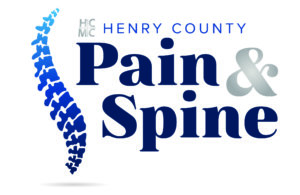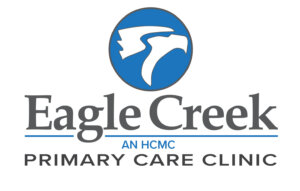
Paris, TN – Flu is a serious contagious disease that can lead to hospitalization and even death. Protecting yourself and others during flu season is essential. The CDC recommends we all take three actions to fight the flu.
The number one thing we can do to protect ourselves against the flu is to be vaccinated. Everyone six months of age and older should get the vaccine and even if they did not get it earlier in the flu season, it is never too late to get the flu shot. The CDC recommends a yearly flu vaccine as the first and most important step in protecting against flu viruses.
While there are many different flu viruses, the flu vaccine protects against the viruses that research suggests will be most common. Flu vaccination can reduce flu illnesses, doctors’ visits, and missed work and school due to flu, as well as prevent flu-related hospitalizations and deaths.
Vaccination also is important for health care workers, and other people who live with or care for high risk people to keep from spreading flu to high risk people. The Tennessee Hospital Association recommends that it be mandatory for health care workers to have a vaccination so that those in our hospitals with weaker immune systems would be less likely to be exposed to the illness. For the second year in a row, Henry County Medical Center active staff has all received the flu shot minus the handful that has medical exemptions. Those with medical exemptions must wear a mask during flu season for everyone’s protection.
“We are pleased with our staff and their continued support of the flu vaccination for the safety of our patients,” said Jacki O’Brien, Director of Infection Control and Education at HCMC. “Not only has our staff complied with the mandatory flu shot, but our volunteers have as well and 100% of them have received the flu shot.”
Additionally, 100% of all our providers and physicians practicing at HCMC have had a flu vaccination this year. This includes nurse practitioners, physician assistants, as well as medical doctors, and it is not just our employed providers, but our entire medical staff.
“We are extremely proud of our medical community for their dedication to keeping our patients safe and well,” said O’Brien.
The second action that the CDC recommends is to take everyday preventive actions to stop the spread of germs. Try to avoid close contact with sick people. If you are sick with flu-like illness, CDC recommends that you stay home for at least 24 hours after your fever is gone except to get medical care or for other necessities. Your fever should be gone without the use of a fever-reducing medicine.
While sick, limit contact with others as much as possible to keep from infecting them. Cover your nose and mouth with a tissue when you cough or sneeze. Throw the tissue in the trash after you use it. Wash your hands often with soap and water. If soap and water are not available, use an alcohol-based hand rub. Avoid touching your eyes, nose and mouth. Germs spread this way. Clean and disinfect surfaces and objects that may be contaminated with germs like the flu.
The third recommended action is to take flu antiviral drugs if your doctor prescribes them. If you get the flu, antiviral drugs can treat your illness. Antiviral drugs are different from antibiotics. They are prescription medicines (pills, liquid or an inhaled powder) and are not available over-the-counter. Antiviral drugs can make illness milder and shorten the time you are sick. They can also prevent serious flu complications, like pneumonia.
Flu-like symptoms include fever, cough, sore throat, runny or stuffy nose, body aches, headache, chills and fatigue. Some people also may have vomiting and diarrhea. People may be infected with the flu, and have respiratory symptoms without a fever.
For more information about the flu, call our Community Educator, Lori Stambaugh, at 731-644-8266 or go to our website at www.hcmc-tn.org.
Located in Paris, TN, Henry County Medical Center is a progressive, integrated healthcare organization committed to serving the healthcare needs of Henry County and the adjoining region. Including a 142-bed hospital and other facilities, the medical center provides a variety of outpatient services, as well as inpatient care. Henry County Medical Center is a county-owned and operated nonprofit institution. For more information: www.hcmc-tn.org










